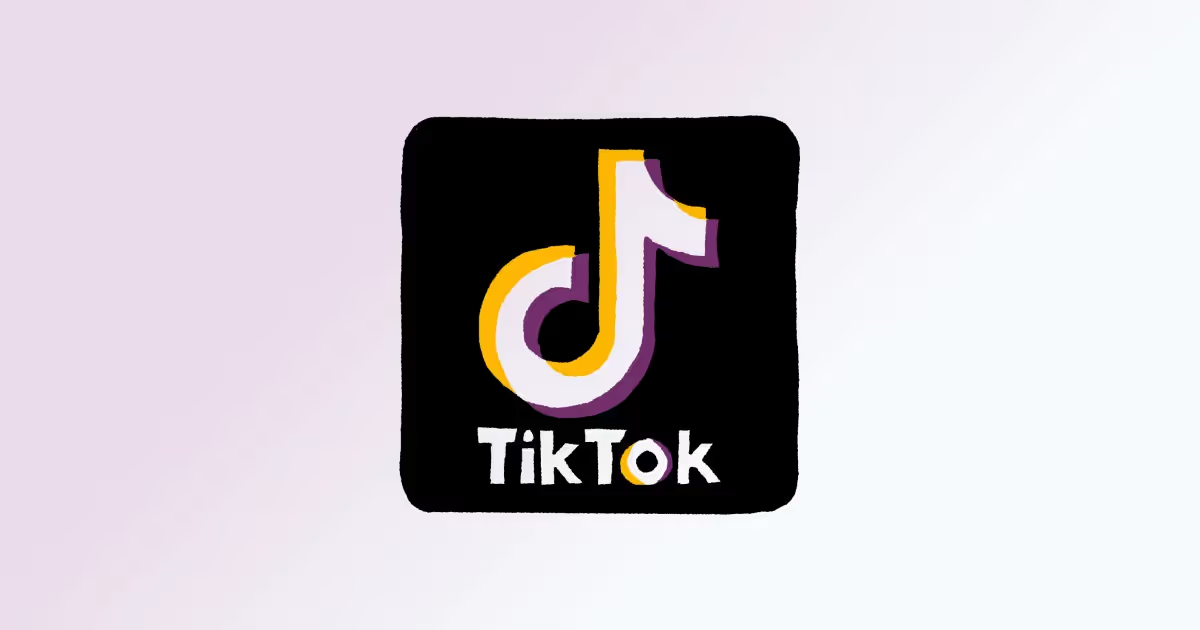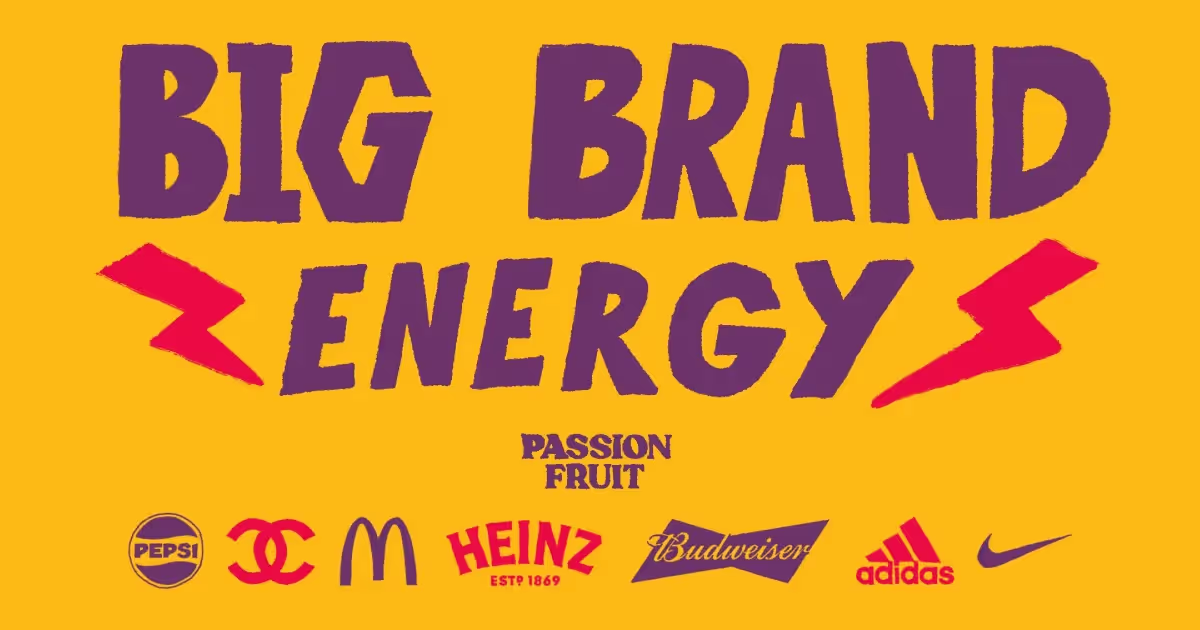After the success of our interview with Giacomo Zacchia of Night Media earlier this week, we decided to release another interview with a start up/SME leader.
This time around it’s Sam Smith - not the singer, but the home gardening entrepreneur who has worked tirelessly over the last several months to grow Pot Gang from a tiny side-hustle operation into a thriving small business; which he now runs full time. It’s a lovely idea: for £20/mo, Pot Gang deliver a box with three types of seed, compost and the right-sized pots. As you grow, they send you simple guides and how-to vids, plus you get the “potline” number to hit them up with questions. You end up with your own fruit, veg and herb aisle at home. Check them out @pot.gang on Instagram or at potgang.co.uk
In our chat we covered Sam’s inspiration for his personal approach to Pot Gang, the sheer graft it has taken to market the brand and how he wants to grow the business in the future.
What is something that you think will be big that not a lot of people are talking about right now?
So, I had this knee injury last year, and I tried going into loads of physios to fix it. It had been a difficult process and I was about to give up when I came across this company on Instagram. It was a new, slightly radical approach to knee rehab, and was becoming quite big in the US. There was an online signup with these three or four guys who were giving you a program and coaching you through it all on WhatsApp, virtually. I was like, this is amazing! I had this personal relationship with these people I'd never met who were constantly on hand to help me. Anytime night or day they'd get back to me in an hour or two. I felt like I knew them.
It got me thinking about how traditionally people have liked the local high street owner-customer relationship; feeling that there are people in their area who they can turn to for advice on different things. You'll walk down to your butcher and get some advice what type of meat you need for this certain meal, or whatever. And I felt like I was getting that in a modern way through this WhatsApp group. That is something I've taken into Pot Gang: putting myself at the heart of the business, making people feel like they know me and trying to let my customers feel like they're talking to me. You’re taking the local high street shop owner-customer relationship and bringing it into a much more digital age. It's going to be harder to do as I grow but I'm determined to keep the standards where they are.
What advantage does that give you over some bigger players who don't offer such a personal service?
There aren’t many other brands doing the same thing as me. But Patch or a company like that - they might have customer service and support, but it's anonymous. The key difference with Pot Gang is customers feel like they know you. I let my personality come through and that gives me an advantage. Obviously, the key with subscriptions is not just how many you can get but also how long you can keep people subscribed. The fact that customers feel like they know me gets them more invested in it and almost, I have the impression sometimes, that they want to support me. I've got friendships with these random people!
What marketing levers or channels have you noticed being particularly successful in driving growth?
So far, it's just been London-based and the way that I've grown is by getting myself into local communities, mainly digitally because of COVID. Community chat groups, in local press, small level things across London… Whether that be the Hammersmith mums’ forum, or the Hammersmith local paper. Or even I’ll go door knocking. The on-the-ground stuff has worked well for me because it generatesdiscussion within the community. Sometimes I’ll get in the press, like newspapers and whatnot, and I'll reshare all those articles within these forums and then the community get behind it. Then I’ve also found, with more and more people signing up, there's a lot more word of mouth and recommendation momentum too. I've got no money to spend on marketing - maybe a small re-targeting ad budget: for people who go on my website, I'll send them an ad. But I want to minimize how much I'm spending on that kind of thing for now, and grow as well as I can just by grafting.
I would love to hear more about you knocking on doors, because that’s the ugly side of it that people don't want to talk about or hear, but could you tell us a bit about how you do it?
My brother used to work at Freddie’s Flowers as a salesman, so I've got a bit of insight and knowledge on how it used to work for him. The thing about door knocking is it’s time consuming and you reach a low volume of people, but the good thing is that if you can talk to people and explain what you're doing, there's a much greater chance that they'll sign up, compared to seeing an ad and scrolling past it. The key is to have something with you, like an iPad, so that they can sign up on the spot; that's the approach. I've been lucky in that I’ve done that with family and my girlfriend, so I haven’t really paid anyone for that work so far. But in the long term, offering sales reps a commission, that kind of thing, is going to be important: working out, the lifetime value of a customer and therefore how much you can acquire them for, and then using that to determine how much reps get per sign up.
You're right: it's the ugly, scrappy side of it. But I realized quite quickly at the beginning: people don't come to you, it's hard to get your name out there. So you have to do everything you can to take yourself to them. And when you've not got much money to spend, it requires things like literally getting out there and knocking on people's doors and talking to people.
That's brilliant. So inspiring. Our next question is, “Don’t make this mistake…?”
I'm still making this mistake, and it's a hard one. Basically, I’m transitioning from being a tiny company to being a small company; one that's slightly more professional. Inevitably, if it's a new service, you're making it up as you go along. Like I made the first box, got it out to people, for a few months in a row, learning as I went, ordering stock last minute, with nowhere to store it, getting things done month by month. It was quite reactive. And I'm still guilty of doing that. Getting stuck on last minute issues; that's stressful. And not having a longer-term plan so that I can get everything in order in a much less reactive way. I’m reaching a point now where I need to be much more organized. Working out what the next three months look like, what the next six months look like, what the next twelve months look like… How many orders I am hoping for that at those points, and what does that mean for stock? How much can I order in bulk? How many people am I going to need to come in and help? Do I reach a point where it makes more sense to move to say an external fulfilment company?
Is there anyone or any company you've seen make that transition from afar which you admire?
To be honest, it's not really from afar but my girlfriend’s brother and sister have a company that's about five to six years old now. They're called UpCircle: it’s a sustainable beauty company, so they take ingredients that would otherwise go to waste and turn them into, let's say, skincare products. For instance, they go round London’s coffee shops, pick up used coffee grounds and turn them into body scrub. They've got a really good business and are basically about five years ahead of me in terms of all those operational steps that I need to take. From getting their own warehouse space, to having their own fulfilment company, all these things… It’s been so useful to be able to talk to them and get advice.
To give you one example, I was speaking to them over the weekend, and he was saying that when you start your business, there's like a real risk of not valuing your own time highly enough. Getting professionals on board to help with all the kind of more functional sides of a business makes it a professionally run operation and frees you up to do all the much more important things, like focussing on customers.
To that point, you spoke about your personal potline earlier on: what ways are you starting to connect or create your own community of the different people that are subscribed to Pot Gang?
It's interesting to see on my Facebook page, or Instagram channel, how subscribers will start engaging with each other. Someone will comment about how their tomatoes are growing, and then someone else will reply, and then just naturally chatting about it.
In terms of building community, I don't know - that's my honest thought! I haven't worked out how I'm going to bring those people into one place together. I wouldn't call what I've got a community yet. The word community is being thrown around by quite a lot by brands, and what I've got is just individual relationships with all my different subscribers. My focus for now is more on their relationship with the brand. Maybe in the long run, if a community were to create a stronger brand and a stronger connection for customers, with me and each other… then maybe, but I'm not sure what that looks like now.
That is admirable, because certainly something people suffer from is looking at how others have done it – being obsessed with community-building, for instance - and thinking we must do it that way. How much have you been able to chart your own course in terms of growing Pot Gang versus listening to the outside world?
I've done less reading around like the theory of business, different business models and ideas about how businesses should work. I've more just got on with what I think would be good.
That said, before starting, I did do a lot of looking at other subscription companies, in practice, like Freddie’s Flowers or Pasta Evangelists, and seeing how their model worked. But for me that it felt quite simple; subscriptions are straightforward.
To be honest, I haven't paid that much attention to business figures or big business. One thing I do, for motivation more than anything else, is listen to stories of other business owners and founders and people who have done a lot with their lives.
That's purely for lighting a fire inside of me, for giving me a sense of to how I want to live my life, I guess.
Where could you see Pot Gang growing to?
For now, I'm quite focused on it being a single product: growing fruit, veggies, and herbs in pots. That is quite unique and at the moment no one knows about us. You go on the street in London, nobody knows it... So the key challenge for me is reaching as many people as possible, and then expanding our delivery capabilities nationwide and doing that there as well. In the next two months I want to be able to deliver nationwide, but then for the next few years we’re focused on reaching as many people as possible; getting our name out there. Once people hear about it, they're quite receptive to the idea. Longer term, and I haven’t properly planned this, but it's probably an idea that could work in other countries. If you take New York, for example, it's a brand that could move there too. Obviously, it's great to make money, but really I'm just enjoying the experience of getting more and more people growing stuff. I just want to do it for the experience of creating something and reaching as many people as possible.
Last question: is there a resource that you watch, listen, or read to that you think other founders should be watching, listening, and reading to as well?
I guess it's slightly cringe but there's a podcast called The High-Performance Podcast.
Don’t get me wrong: I don't think of myself as like a high performer or anything like that. But they basically interview a mix of people from elite athletes to successful businesspeople, to anyone they view as living a high-performance life, and they just go into their story; how they've got to where there are. And for me, the themes that come out of the show light up a fire inside me. It's all about taking full responsibility for your life: what’s in your control, how you respond to that, and what are you doing to make your life better? I find that quite motivating and how I feel around Pot Gang is that exactly that: this is one hundred percent on me, no one else is going to make a success of this for me. That pressure holds me accountable and drives me forward. That feeling of “I am on the line here” and “it's up to me to make this great.” That's amazing.







